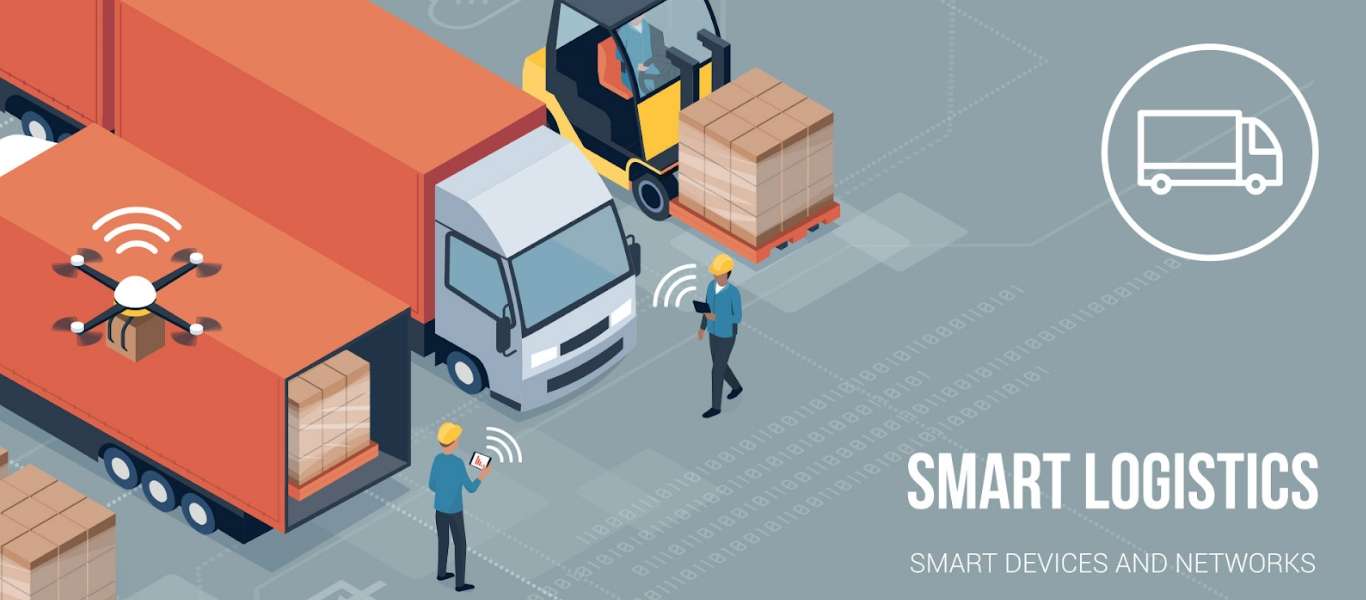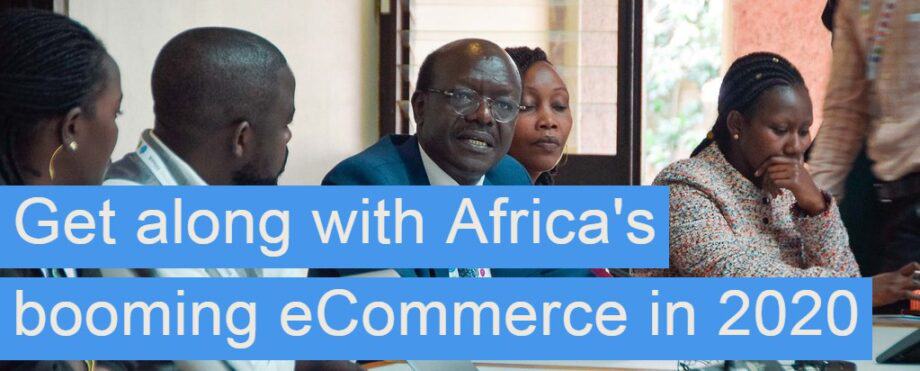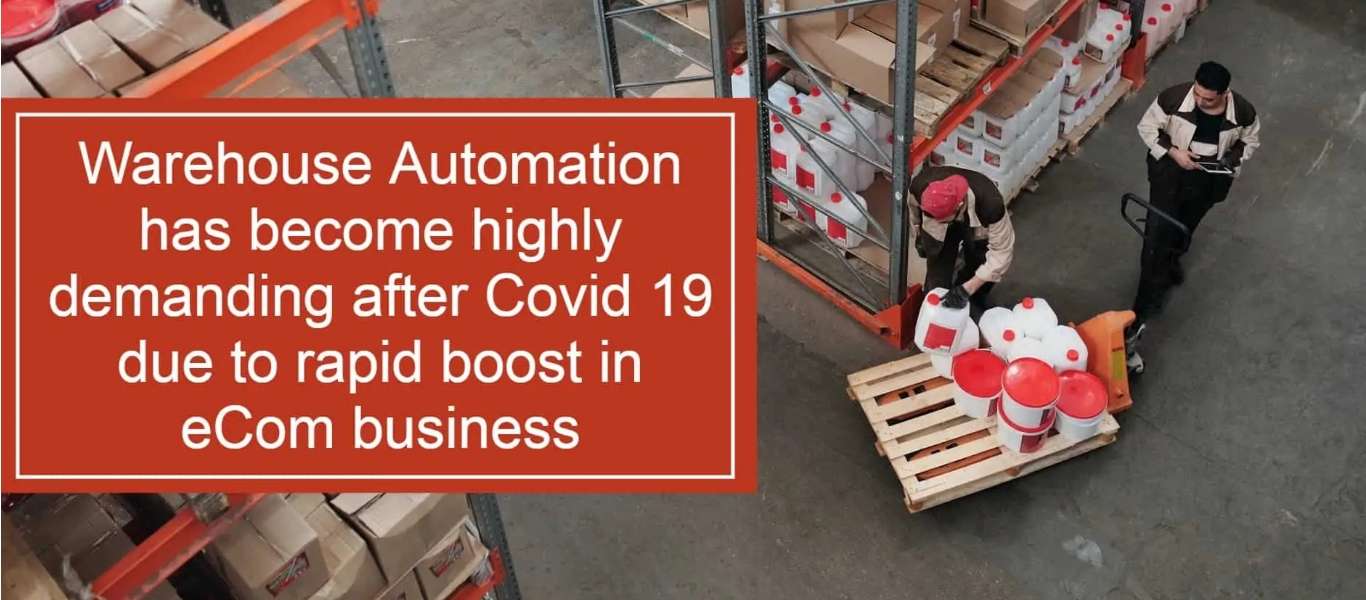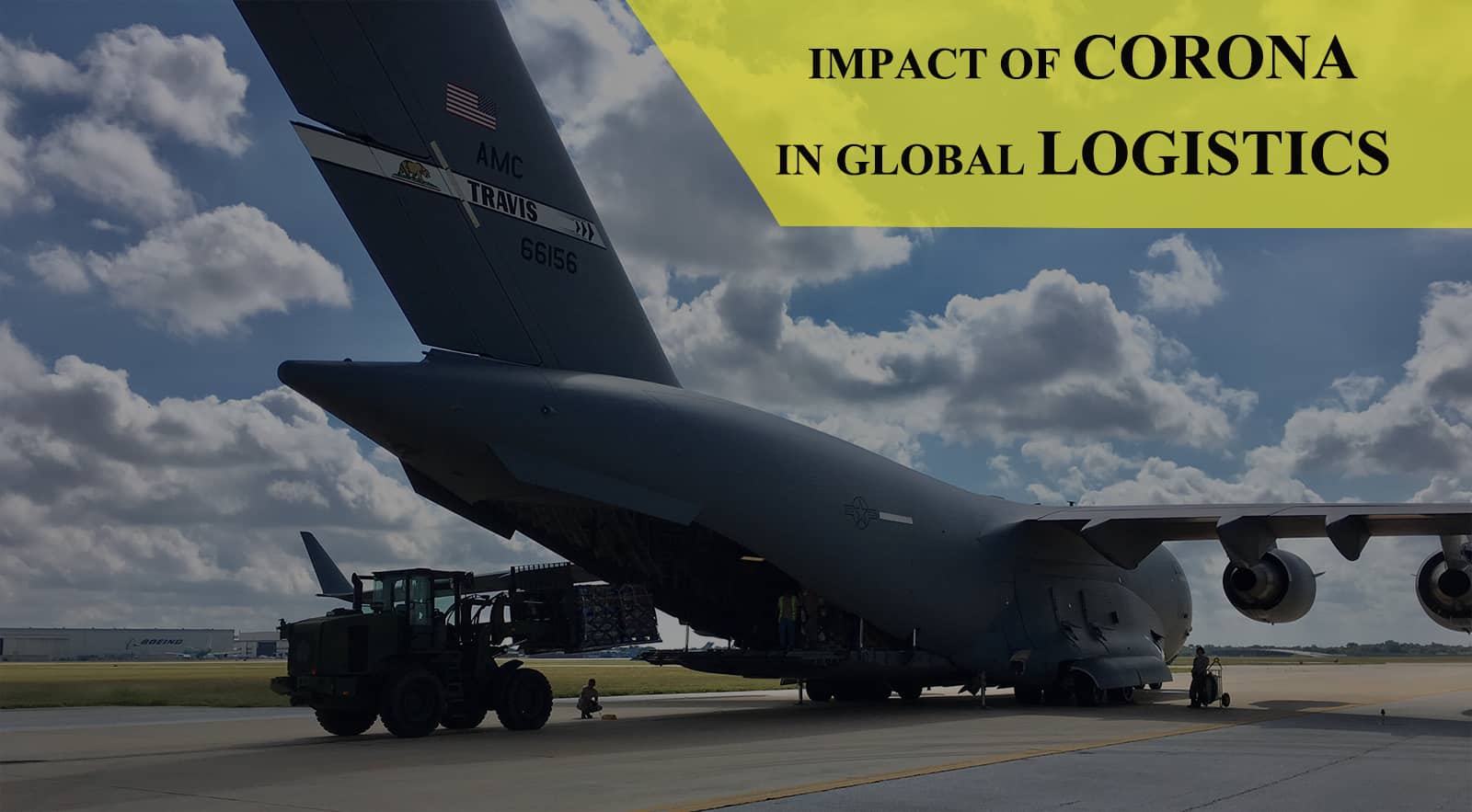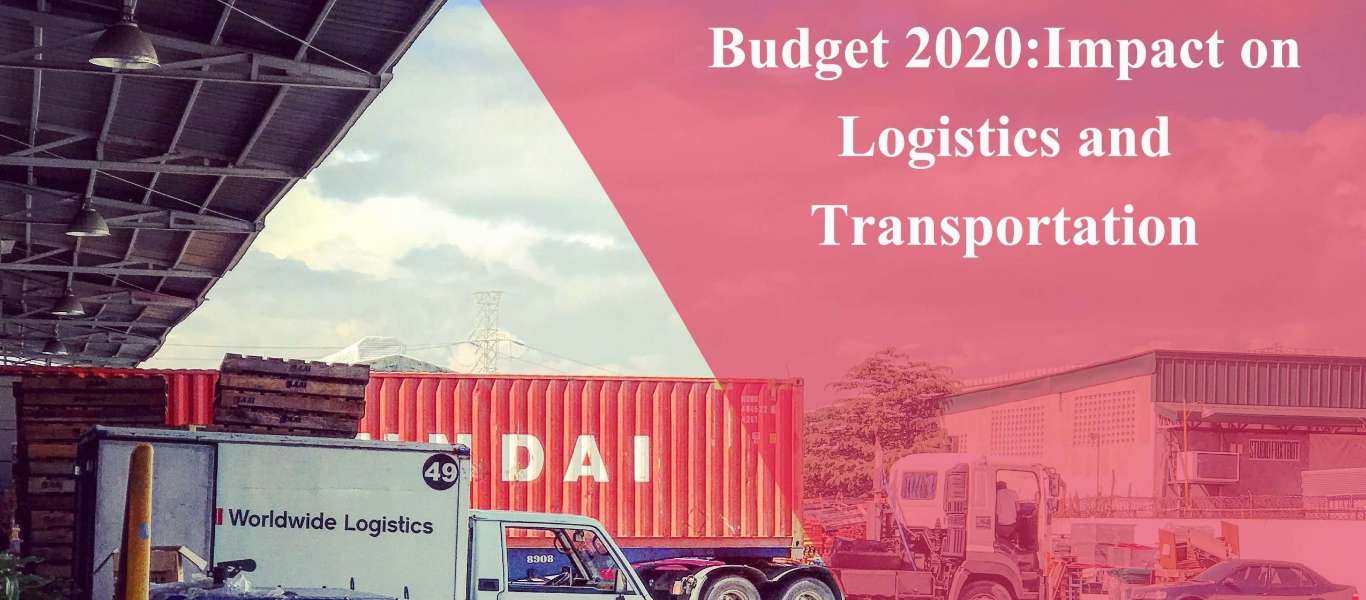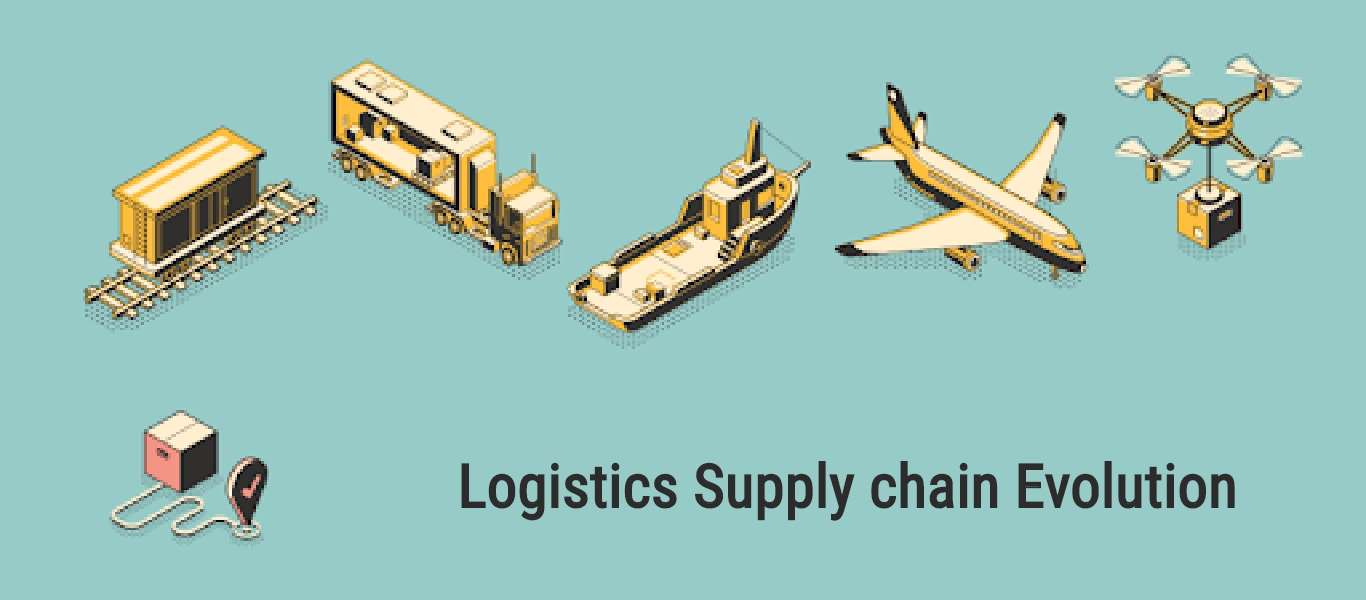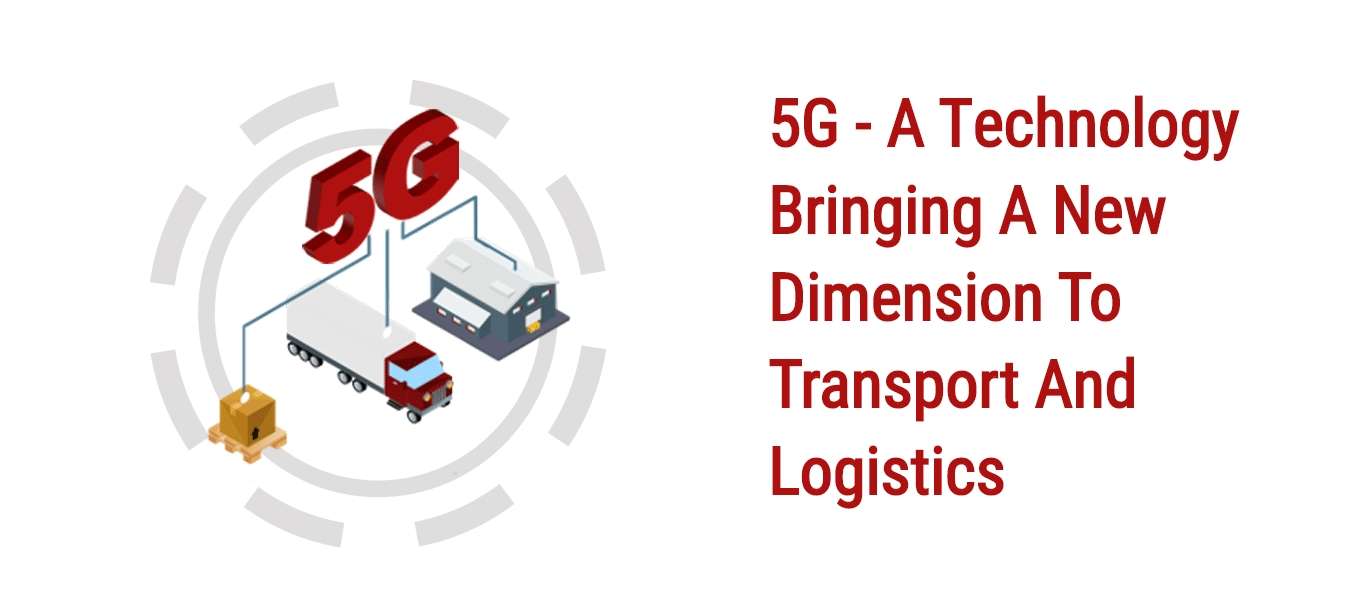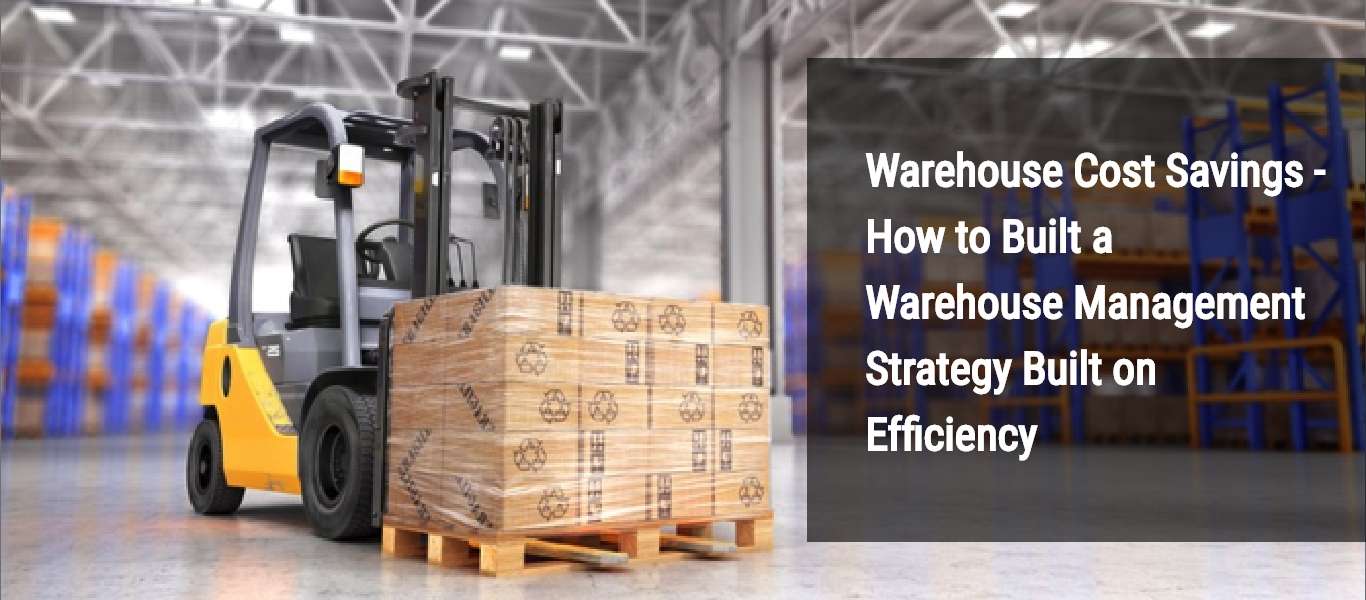Freight Book Privacy Policy
www.logixgrid.com Freight Book Privacy Policy
©Logixgrid Technologies Pvt Ltd 2020
Introduction
The Mobile Marketing Association is the premier, global not-for-profit trade association that works to promote, educate, measure, guide and protect the mobile marketing industry worldwide. In this capacity, we are pleased to introduce the attached Freight Book Privacy Policy, authored and prepared by LogixGRID.
The intent of this privacy policy is to provide the Freight Book developer with
policy language that can be quickly and completely understood by the consumer.
Goal for the Privacy Policy
LogixGRID intends for this Freight Book privacy policy to be used as a starting point for most Freight Book. There are many areas where many in the mobile marketplace are experimenting with privacy enhancing technologies, and we applaud those efforts. The core goal for this privacy policy framework is to encourage the Freight Book developer community to continue to move consumer privacy interests forward.
We strongly encourage those using this model policy to consult an attorney and/or privacy professional when crafting your own policy.
Instructions for using this Privacy Policy
The policy that follows contains two kinds of annotated instructions. The first, in italics, provide the app developer specific advice on the use of the core principles contained herein. The second sections that need to be uniquely tailored by the app developer to the specifics of their Freight Book and its use of consumer information.
In all cases, the app developer should consult with legal counsel or privacy professionals to ensure that your policy and compliance procedures are in alignment.
PRIVACY POLICY FRAMEWORK
03 October 2020
The policy is designed to address the core privacy issues and data processes of many Freight Book, but should not be considered sufficient by itself to cover all types of Freight Book. We strongly encourage those using this model policy to consult an attorney and/or privacy professional when crafting your own policy.
This privacy policy governs your use of a software Freight Book (“Freight Book”) on a mobile device that was created by The Freight Book includes.
What information does the Freight Book obtain and how is it used?
This section is designed to inform Users of the types of data that the app obtains and how that information is used. While we’ve provided several types of data that are often obtained by apps, the App Developer should make a reasonable attempt to ensure to provide Users with a clear, illustrative list of the most important data points obtained by each app. Moreover, the model policy attempts to draw a distinction between data that is provided directly by a User (“User Provided Information”) and data that is collected automatically by the Freight Book (“Automatically Collected Information”). The LogixGRID recognizes that this distinction may not be in harmony with the data privacy practices of all Freight Book, and therefore encourages App Developers to work to an attorney and/or privacy professional to ensure that the information they provide in this section is in line with the actual data flows for each Freight Book(s).
User Provided Information – The Freight Book obtains the information you provide when you download and register the Freight Book. Registration with us is optional. However, please keep in mind that you may not be able to use some of the features offered by the Freight Book unless you register with us.
Registration with us is mandatory in order to be able to use the basic features of the Freight Book.
Freight Book developers should be aware that certain types of data, for example, medical records and certain types of financial information may be subject to existing privacy law.
Freight Book developers creating apps that collect potentially sensitive information are encouraged to obtain counsel to ensure that their data collection policies are in line with current law in the jurisdiction(s) where the app may be used.
When you register with us and use the Freight Book, you generally provide:
(a) Your name, email address, age, user name, password and other registration information.
(b) Transaction-related information, such as when you make purchases, respond to any offers, or download or use Freight Book from us.
(c) Information you provide us when you contact us for help; (d) credit card information for purchase and use of the Freight Book, and; (e) information you enter into our system, when using the Freight Book, such as contact information and project management information. We may also use the information you provided us to contact your from time to time to provide you with important information, required notices and marketing promotions.
If the Freight Book collects information from and/or for social networking platforms (e.g., pulling contact information, friends lists, login information, photos or check-ins) the Freight Book should ensure that the prior consent of the user is obtained.
Automatically Collected Information – In addition, the Freight Book may collect certain information automatically, such as the type of mobile device you use,
your mobile devices unique device ID, the IP address of your mobile device, your mobile operating system, the type of mobile Internet browsers you use, and information about the way you use the Freight Book. See “Automatic Data Collection and Advertising” section for examples.
Does the Freight Book collect precise real time location information of the device?
This section is only applicable if the Freight Book collects precise, real-time location information. Non-precise location information such as geo-targeting (e.g., zip code or city) data is typically addressed elsewhere in the privacy policy (e.g., the section entitled “automatic data collection
and advertising.”)
This Freight Book does not collect precise information about the location of your mobile device.
LogixGRID
This Freight Book does collect precise information about the location of your Device.
We use your location information to Provide requested location services, and You may at any time opt-out from further allowing us to have access to your location data by [state how user can manage their location preferences either from the app or device level]. For more information, please see the section below entitled “opt-out rights.”
Do third parties see and/or have access to information obtained by the
Freight Book?
Generally, app developers will want to have the right to transfer information collected by the app under certain circumstances. For example, if the app developer sells the app, the developer may want that information collected by the Freight Book transferred as part of the sale.
While we’ve provided some of the more common examples of data transfer to third parties, app developers are encouraged to work with counsel and/or privacy professional to determine if other examples should be included in their policy.
Yes. We will share your information with third parties only in the ways that are
described in this privacy statement.
We may disclose User Provided and Automatically Collected Information:
As required by law, such as to comply with a subpoena, or similar legal process; when we believe in good faith that disclosure is necessary to protect our rights, protect your safety or the safety of others, investigate fraud, or respond to a government request; with our trusted services providers who work on our behalf, do not have an independent use of the information we disclose to them, and have agreed to adhere to the rules set forth in this privacy statement.
If LogixGRID is involved in a merger, acquisition, or sale of all or aportion of its assets, you will be notified via email and/or a prominent notice on our Web site of any change in ownership or uses of this information, as well as any choices you may have regarding this information.
PRIVACY POLICY FRAMEWOR
Automatic Data Collection and Advertising
Freight Book developers should be aware of which mobile advertising networks and other third parties they are working with in order to determine if that ad network or other third part is offering an opt-out. At a minimum, Freight Book developers should take into account whether the app is advertising supported and whether data is obtained by an ad network or other third party for the purpose of ad targeting.
We may work with analytics companies to help us understand how the Freight Book is being used, such as the frequency and duration of usage. We work with advertisers and third party advertising networks, who need to know how you interact with advertising provided in the Freight Book which helps us keep the cost of the Freight Book low.
Advertisers and advertising networks use some of the information collected by the Freight Book, including the unique identification ID of your mobile device and your mobile telephone number. To protect the anonymity of this information, we use an encryption technology to help ensure that these third parties can’t identify you personally. These third parties may also obtain information about other Freight Book you’ve downloaded to your mobile device, the mobile websites you visit, your non-precise location information (e.g., your zip code), and other non-precise location information in order to help analyse and serve anonymous targeted advertising on the Freight Book and elsewhere. We may also share encrypted versions of information you have provided in order to enable our partners to append other available information about you for analysis or advertising related use.
If you’d like to opt-out from third party use of this type of information to help serve targeted advertising, please visit the section entitled “Opt-out” below.
What are my opt-out rights?
Freight Book developers should be aware of which mobile advertising networks and other third parties they are working with in order to determine if that ad network or other third party is offering an opt-out. We recognize that the mobile marketplace continues to experiment with different types of opt-out mechanisms – and strongly encourage the Freight Book developer community to participate in these experiments to the benefit of consumer privacy interests.
There are multiple opt-out options for users of this Freight Book:
Opt-out of all information collection by uninstalling the Freight Book – You can stop all collection of information by the Freight Book easily by uninstalling the Freight Book. You may use the standard uninstall processes as may be available as part of your mobile device or via the Freight Book marketplace or network.
Opt-out from the use of information to serve targeted advertising by advertisers and/or third party network advertisers.
You may at any time opt-out from further allowing us to have access to your location data by Data Retention Policy, Managing Your Information We will retain User Provided data for as long as you use the Freight Book and for a reasonable time thereafter. If you’d like us to delete User Provided Data that you have provided via the Freight Book, please contact us at sales@logixgrid.com and we will respond in a reasonable time. Please note that some or all of the User Provided Data may be required in order for the Freight Book to function properly, and we may be required to retain certain information by law.
Children
Freight Book developers should be aware of and ensure that the app and the app developer’s privacy practices are in compliance with the Children’s Online Privacy Protection Act (COPPA). Developers should pay particular attention to COPPA when creating apps that contain cartoon characters or other features that may cause the app to be perceived as being directed towards children under 13. Freight Book developers creating apps that might be governed under COPPA or similar laws are encouraged to obtain counsel to ensure that their data collection policies are in line with current law in the jurisdiction(s) where the app may be used.
We do not use the Freight Book to knowingly solicit data from or market to children under the age of 13. If a parent or guardian becomes aware that his or her child has provided us with information without their consent, he or she should contact us at sales@logixgrid.com. We will delete such information from our files within a reasonable time.
LOGIXGRID FREIGHT BOOK
PRIVACY POLICY FRAMEWORK
Security
Freight Book developers should ensure that their security procedures are reasonable, and should provide an overview of their security procedures below.
We are concerned about safeguarding the confidentiality of your information. We provide physical, electronic, and procedural safeguards to protect information we process and maintain. For example, we limit access to this information to authorized employees and contractors who need to know that information in order to operate, develop or improve our Freight Book. Please be aware that, although we endeavour to provide reasonable security for information we process and maintain, no security system can prevent all potential security breaches.
Changes
Freight Book Developers should be aware that retroactive, material changes to privacy practices generally require the prior consent of the User.
This Privacy Policy may be updated from time to time for any reason. We will notify you of any changes to our Privacy Policy by posting the new Privacy Policy and informing you via email or text message. You are advised to consult this Privacy Policy regularly for any changes.
Your Consent
By using the Services, you are consenting to our processing of User Provided and
Automatically Collection information as set forth in this Privacy Policy now and as
amended by us. “Processing,” means using cookies on a computer/hand held device or using or touching information in any way, including, but not limited to, collecting, storing, deleting, using, combining and disclosing information, all of which activities will take place in the United States. If you reside outside the U.S. your information will be transferred to the U.S., and processed and stored there under U.S. privacy standards. By using the Freight Book and providing information to us, you consent to such transfer to, and processing in, the US.
Contact us –
If you have any questions regarding privacy while using the Freight Book, or have questions about our practices, please contact us via email at sales@logixgrid.com



